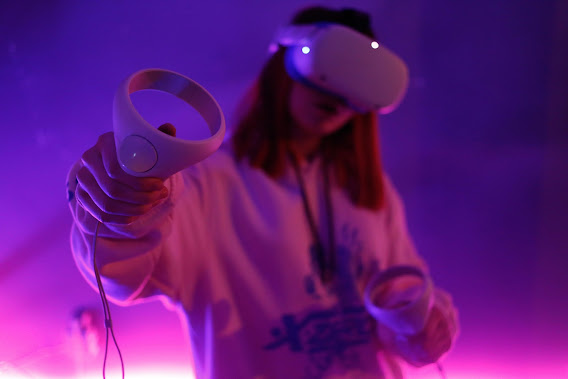Career in Finance: Scope, Skills, Opportunities, and Challenges in the 2025 Era
The finance world has always been one of the strongest pillars of the global economy. From managing money and investments to analyzing risks and creating growth strategies, finance is everywhere. But the 2025 era brings a completely new picture—technology, globalization, and sustainability are reshaping the way finance works. For students—whether you are from a finance background or a non-finance stream—this is the perfect time to understand the scope of finance careers, the skills required, the opportunities available, and even the possible threats. Let’s break it down step by step. Why Finance Careers Matter in 2025 Finance is not just about accounting or banking anymore. Today, it connects with technology, data science, artificial intelligence (AI), sustainability, and global trade. Companies need finance professionals not just to “manage money” but to guide decisions, predict the future using data, and ensure growth. In 2025, finance careers are becoming: More digita...
